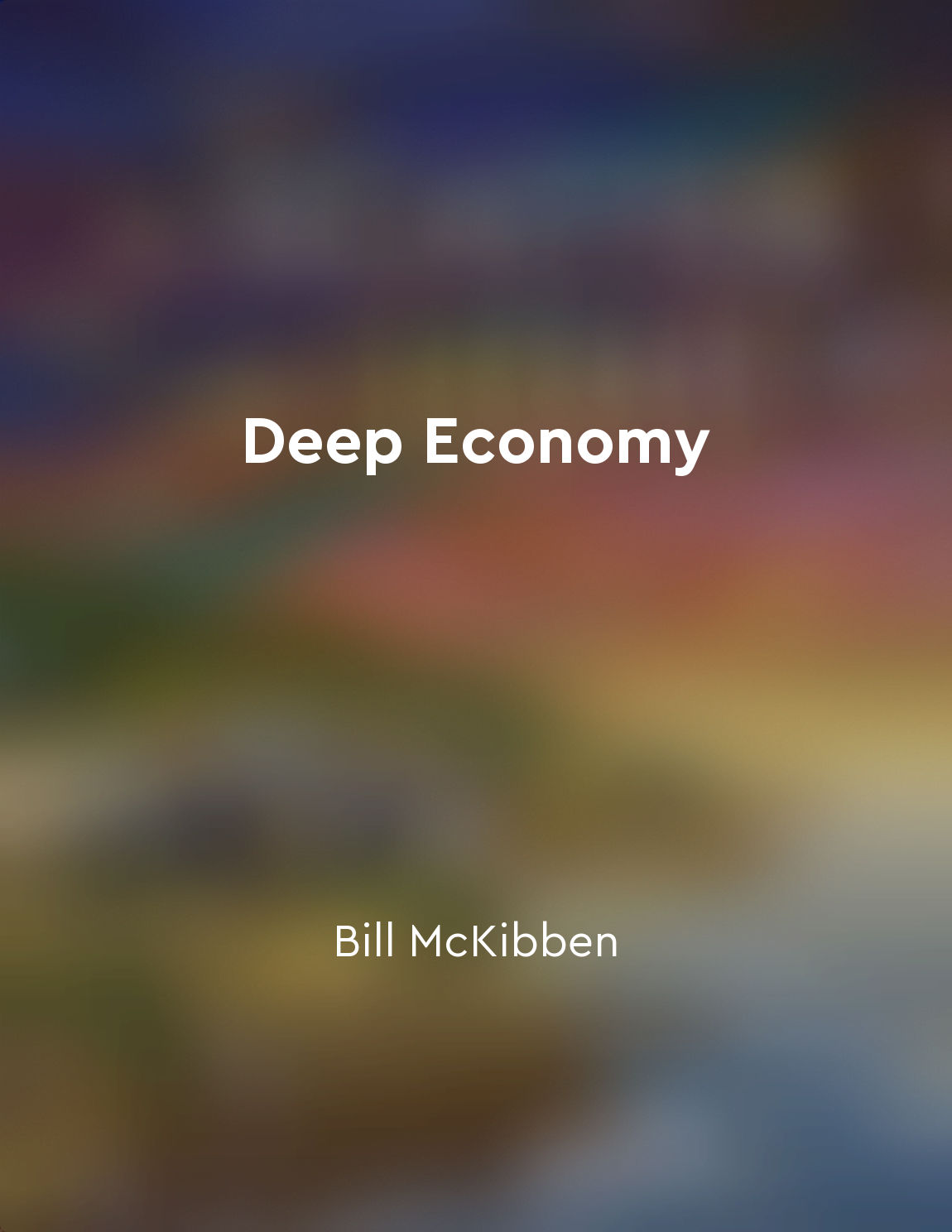Social trust is eroding in American society from "summary" of Bowling Alone: Revised and Updated by Robert D. Putnam
The decline of social trust in American society is a troubling trend that has been documented in various studies and surveys. Trust in institutions such as government, media, and even one's fellow citizens has been steadily decreasing over the past few decades. This erosion of trust has far-reaching consequences for the fabric of our society and the functioning of our democracy. One of the key factors contributing to this decline in social trust is the breakdown of social capital. Social capital refers to the networks of relationships and social norms that enable cooperation and collective action within a community. As people become more isolated and disconnected from one another, they are less likely to trust those around them. This lack of trust can lead to a breakdown in social cohesion and a sense of alienation and disengagement from society. Another factor driving the erosion of social trust is the rise of individualism and self-interest at the expense of the common good. In a society that prioritizes personal success and achievement over the well-being of the community, it is easy to see how trust in others can be eroded. When everyone is out for themselves, it becomes difficult to rely on others and build the kind of social bonds that are necessary for a healthy and functioning society. The decline of social trust is also exacerbated by the increasing polarization and division within American society. As people become more entrenched in their own ideological bubbles and echo chambers, they are less likely to engage with those who hold different views. This lack of interaction and understanding can breed suspicion and mistrust, further eroding the social fabric of our society. In order to reverse this troubling trend, we must make a concerted effort to rebuild social trust and strengthen the bonds that hold our society together. This will require a renewed emphasis on community engagement, civic participation, and a sense of shared purpose and belonging. By working together to bridge our differences and build a more inclusive and cohesive society, we can begin to restore trust in one another and ensure a brighter future for all.Similar Posts
Utilizing the scarcity principle can be effective
The scarcity principle is a powerful tool in the world of persuasion. When something is scarce or limited in availability, peop...
Social networks are essential for individual wellbeing
The strength and vitality of our social connections are crucial to our overall wellbeing. When we are surrounded by a supportiv...
Democracy requires a balance of power
The essence of democracy lies in the delicate dance of power. When power is concentrated in the hands of a few, it can lead to ...

A focus on cultural and social capital is important
In our pursuit of economic growth and prosperity, we have often overlooked the significance of cultural and social capital. The...

Striving for perfection often leads to discontent and anxiety
Striving for perfection can be a double-edged sword. On one hand, it can motivate us to do our best and achieve great things. O...
Social norms are shaped by the strength of social networks
The strength of social networks plays a crucial role in shaping social norms. When individuals are connected through strong soc...
Reciprocity and trust are essential components of social capital
Reciprocity and trust lie at the heart of social capital. This concept encompasses the connections between individuals in a com...
Resilient systems are needed
Resilient systems are needed to confront the challenges of the future. As our world becomes more interconnected and complex, th...
